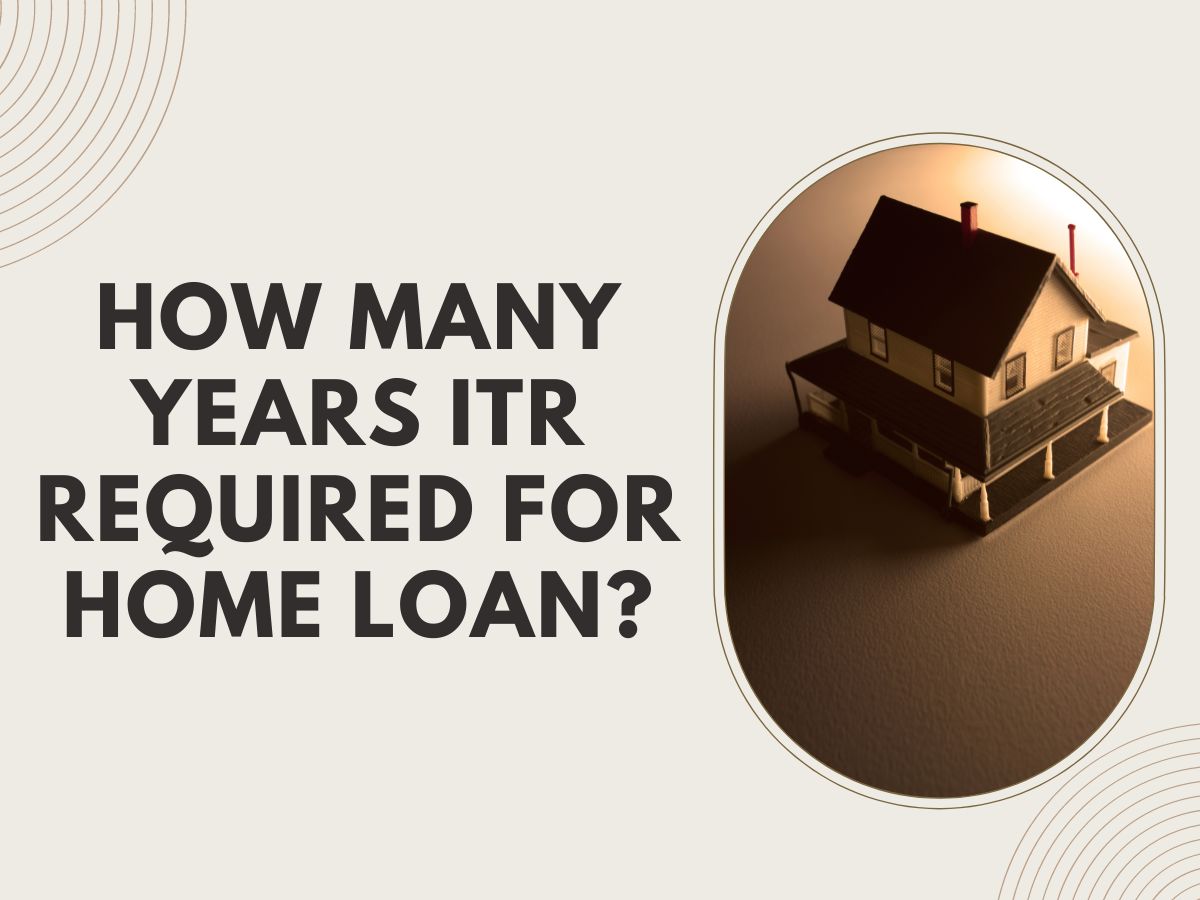How Many Years Is Itr Required For A Home Loan?

ITR is required for 3 years from the year it is filed.
When applying for a mortgage, it is essential to understand which documents are necessary and why. These records assist the lender in determining your eligibility and creditworthiness.
When applying for a mortgage loan, you must provide proof of your identity, address, property, and income. A tax return is one of the essential documents for a home loan. Nevertheless, if you are unfamiliar with ITR filing, it could not be easy. It takes three years for a home loan.
What is ITR?
ITR, or Income Tax Return, is a form that must be filed by individuals and companies whose income exceeds a certain threshold. However, according to tax experts, it is prudent to file a tax return even if your income is below the filing threshold.
ITR denotes your taxable income and comprises all information regarding your income received through house property, company, interest, property sale, etc., in a given financial year.
Why is ITR necessary?
There are numerous reasons why creditors want ITR. ITR assists in determining your income and cash flow. ITR is required because -
It is a measure of your financial security.
By reviewing your ITR, the lender can determine your financial capability. For a home loan, you are required to provide your tax returns for the past three years. It aids the lender in determining whether you have a stable source of income and can pay Equated Monthly Instalments (EMIs) timely.
It demonstrates your ability to repay
Lenders analyze your repayment capacity and creditworthiness using ITR. If you have failed to file your ITR, they may infer that you will also fail to make your home loan EMI payments.
How much is the ITR required for home loans?
The ITR necessary for house loan approval varies depending on the lender's home loan qualifying requirements. Although your income is one of the elements determining your eligibility, there are others. As a borrower of a house loan, you should also be aware of the deductions you are eligible for.
Remember the following:
- The principal and interest amount are eligible for home loan tax benefits, which are impacted by the home loan interest rate.
- Section 24 allows deductions of up to Rs 2 lakh for interest repaid yearly.
- The total amount of returned interest may be claimed as a deduction against the rental property, up to a maximum of Rs. 2 lakh each tax year.
- Under Section 80C, the principal amount repaid is eligible for deductions of up to Rs. 1.5 lakh.
- Under Section 80C, registration fees and stamp duty can be deducted up to a maximum of Rs. 1.5 lakh.
- Under Section 80EE, first-time homebuyers can claim deductions of up to Rs. 50,000 if certain conditions are met.
If you want to get information from any good agent related to Loans and Credit Cards, then definitely visit Finndit.Com once because Finndit will give you the correct information about the agent of your area.
View Also -
Which Bank Provides The Home Loan In Gram Panchayat?
What Is The Unbilled Amount In A Credit Card?
How To Claim ATM Card Insurance?
